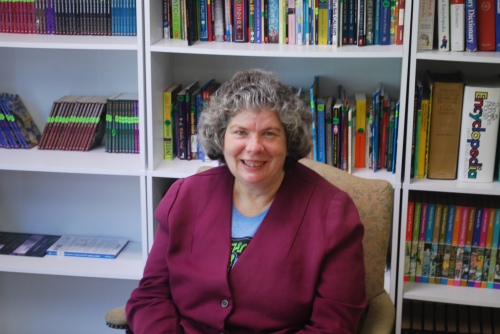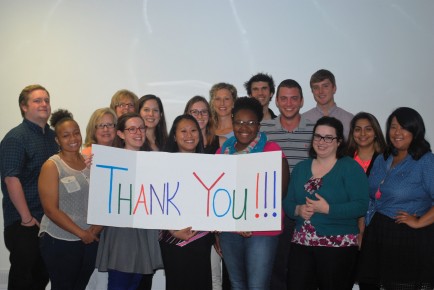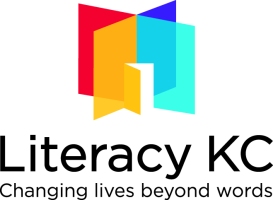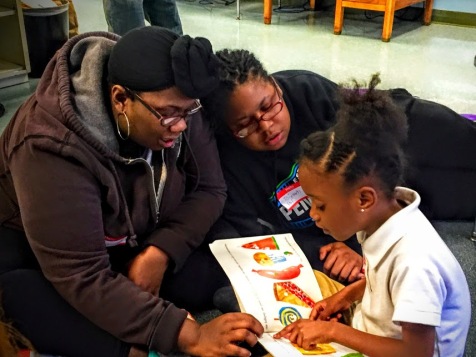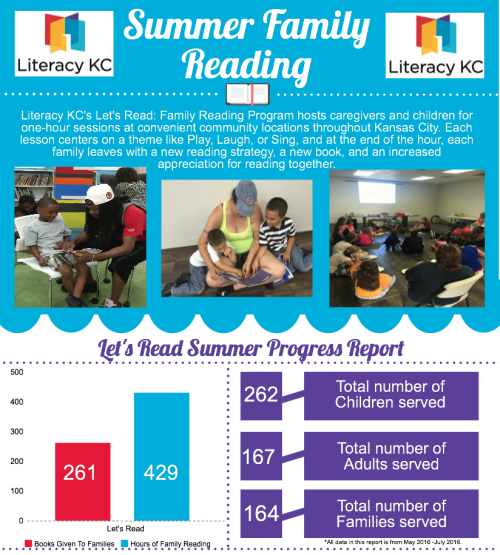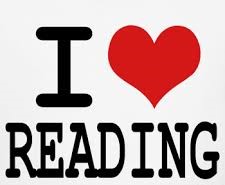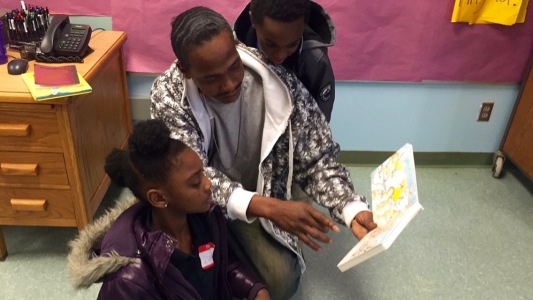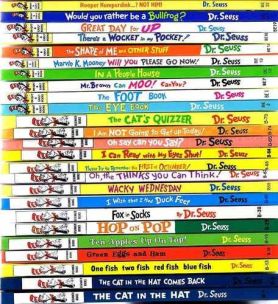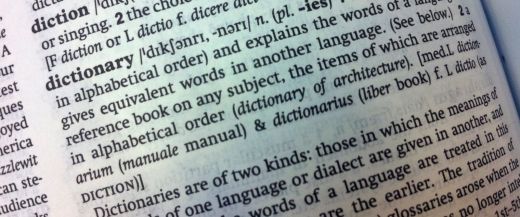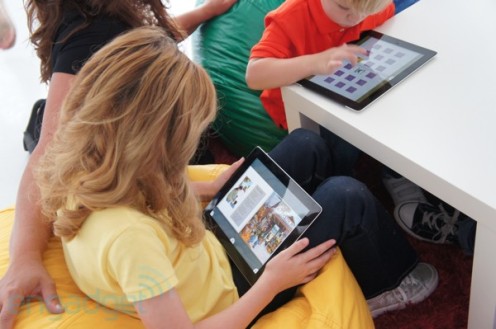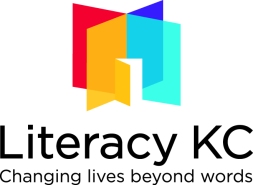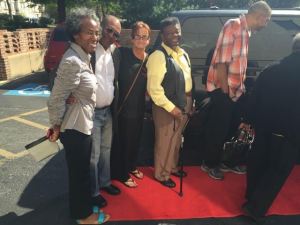By Sarah Bell, Literacy KC Instructor
At Literacy KC, I have the pleasure of working directly with our incredible and intelligent students, and I have the fun task of planning interesting and relevant lessons, which often lead to thought-provoking discussions.
One of the units I designed for our past term was on “Race and Identity” and was inspired by a Call for Articles I received from an adult education magazine called The Change Agent. In the publication’s call, adult learners were invited to share their thoughts and experiences for the upcoming issue on racial issues. This topic caught my eye and led to my own unit on Race and Identity, where I gave students the option to submit an essay to The Change Agent. Of my almost 40 students, 15 submitted articles. Some shared personal experiences, some spent hours researching their topic, but all worked hard on their piece. I was proud of all of them, especially since this article was an optional activity.
My pride increased even further, however, when I discovered that THREE of my students’ pieces had been accepted to the magazine! The editor of The Change Agent expressed her delight with the articles, stating that each student provided a unique and valuable perspective to the magazine. Each student will get her piece published in the upcoming March issue of The Change Agent and a $50 stipend. The published students were also recognized at our recent event, “Books, Brains & Boulevard,” attended by about 150 guests.
Below are the three students’ pieces, soon to be published in The Change Agent.
Bullying the White Kids
Glenda Archibald
When I was ten years old, there was one white family that lived on our block. Then another white family also moved on the block. That was the first time I had a white friend, and we became close.
At the age of thirteen I went to Manual High School. There were only two white kids in the whole school. One of them was in my classroom. I didn’t like the way that the black kids treated him. They threw paper balls at him, hit him, and teased him. I didn’t know why they would do that to him, because he was a nice kid. After school, they would chase him through Gilham Park, calling him names like, “honky,” “white boy,” and “white pig.”
Their bullying used to make me mad and I would tell my mother about it because I didn’t understand why they acted this way. She would always tell me never to be in a category with people like that, because we are not racists, and she did not raise us to be racists, and that we are supposed to love everybody. I would stand next to the white boy after school and I fought for him, standing up to the bullies, both the boys and the girls. I told them to leave him alone because he hadn’t done anything to them and wanted to go to school just like the rest of us. The bullies were scared of me because I had brothers and cousins who would back me up.
When I look back on this, I think they acted this way because they were ignorant about the color he was and didn’t think white kids were good enough to go to that school. But as I got older I thought about that time, and I realized that they had just as much of a right to go to that school as we did. They wanted education, and we wanted education. Why couldn’t we all just get along?
Glenda Archibald grew up in Kansas City, Missouri. She attends school at Literacy Kansas City and Manual Tech and is working on getting her GED. She has four children, thirteen grandchildren, and three great-grandchildren.
What I Celebrate About My Race
Karrie Lynn
When people first look at me, they see a white female, but I am much more than that. My great-grandpa was born in Ireland. He moved over to the states when he was older. My great-grandpa left his children in an orphanage. This included my grandpa. My grandpa’s sister was adopted, and my grandpa went to live with his sister’s new family. My grandpa changed his last name from Beggs to Gibson which was his sister’s adopted name.
On my mother’s side, my great-grandpa was half American Indian. He was Cherokee. Both my great-grandpa and grandpa look like American Indians. I didn’t know them very well, but my great-grandpa married my great-grandma, who was white, and they moved to a small town in Missouri.
I consider my family “country folks” because I grew up in a small, rural Missouri town. My nearest neighbor was a mile away, it was pretty secluded. But, what I celebrate about my race is all the cultures that are in my family. Now I live in a city, and I appreciate seeing so many different cultures and the way that other people live. I believe I have that appreciation for different cultures because of my family’s multicultural heritage.
But most of all I celebrate being an individual and not being defined by my race. I celebrate my kindness for everyone I meet no matter their race. I celebrate my personality and how different and unique I am. I celebrate my culture and history and my individuality.
Karrie Lynn is a student at Literacy Kansas City. She plans to attend college and get her nursing degree.
My Experiences Growing Up with Racism
Shirley Lewis
Whites Only
In the 1960s, I visited my grandmother and cousins in Arkansas. One Saturday morning some of us decided to go downtown to see a movie. I felt like the big-shot girl from the city having fun with my cousins from the country, and I was so excited as we entered the theater. After getting our tickets, I automatically ran down to the front to get our seats. My cousins didn’t come with me, so I stood up and looked for them. To my surprise, the usher approached me. He was a large man, wearing a uniform, and he said, “You cannot sit here.” I was stunned, and I said “Why?” Then I saw my cousins beckoning me to come back, but I refused. I had not experienced this kind of thing in my hometown of Kansas City, so I said, “I’m from Kansas City.” The usher’s face turned very red. The look on his face scared me, so I decided to join my cousins. With tears in my eyes, I went with them to the balcony, which was the only place blacks were allowed to sit. I was eight years old when this happened, and I have never forgotten that awful experience.
Light vs. Dark in My Own Family
To my great surprise, I was exposed to racism in my own family. Back then, if your skin was darker and your hair was shorter, you tended to be thought of as less worthy than your counterparts. Girls who had fairer complexions and long hair were treated better, even within their own families. For example, since I was the darker skinned girl, I was usually the one who was asked to wash dishes or clean up, while the other girls just had to look pretty. Due to this treatment, I spent many years feeling that I didn’t deserve better. I did some very extreme things to feel pretty and accepted, such as bringing gifts every time I visited a friend because I didn’t feel like I was good enough on my own. I would also ask my friends’ parents if they needed help cleaning up. I felt like I needed to perform some act of service to be considered a worthwhile individual and to be accepted by others. As I grew older, I gained more confidence, and now I am very proud of my personal appearance. In my 20s, while I was married, a friend invited me to a fashion show and I was overwhelmed with the models who were all shapes, sizes, and colors. Soon after, I started attending a modeling school because I thought if all of these girls can model, so could I. My husband did not approve of me joining the school, but he became very proud of me and my accomplishments. This experience helped change my attitude about myself and I gained more confidence in myself and my appearance.
Racial Tension at School
I went to an all-black school until eighth grade, and then I switched to a predominately white school. I was the only black eighth grader. The white students were not nice to me, due to the fact that they were not used to going to school with black students. As a result, I became something of a trouble-maker. I tended not to listen in class, talked back to the teacher, and cracked a lot of jokes.
I was helped by a great teacher, Mrs. James. She was a stern gym teacher, and most of the black students, including me, didn’t like her. We disliked her so much, a group of us verbally attacked her one day after school. In my heart, I knew this was wrong, so all of a sudden, I jumped in front of the other kids and said, “This is wrong! We can’t do this!” She showed no fear, and everyone backed down. This made me unpopular with the other kids, but Mrs. James became an advocate for me. She told the other teachers I was a good person and they should give me a chance, in spite of my rude behavior. I became a better, more productive, and nicer student after that. I graduated and was voted best athlete in my senior year. It made a big difference to have an ally. I’m the kind of person who needs people to believe in her, and Mrs. James showed me how to believe in myself.
Shirley Lewis is a 65-year old Kansas City native, who recently decided to focus on herself after years of working and raising two successful children. She started taking classes at Literacy KC in May 2015. She is also a caretaker for her sister, an involved church member, and an active participant in community organizations.
